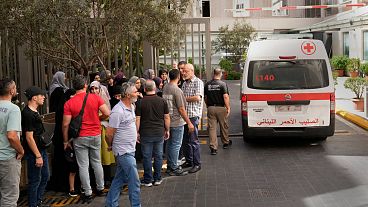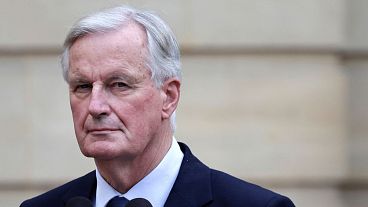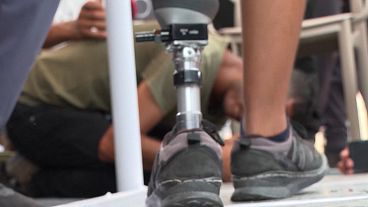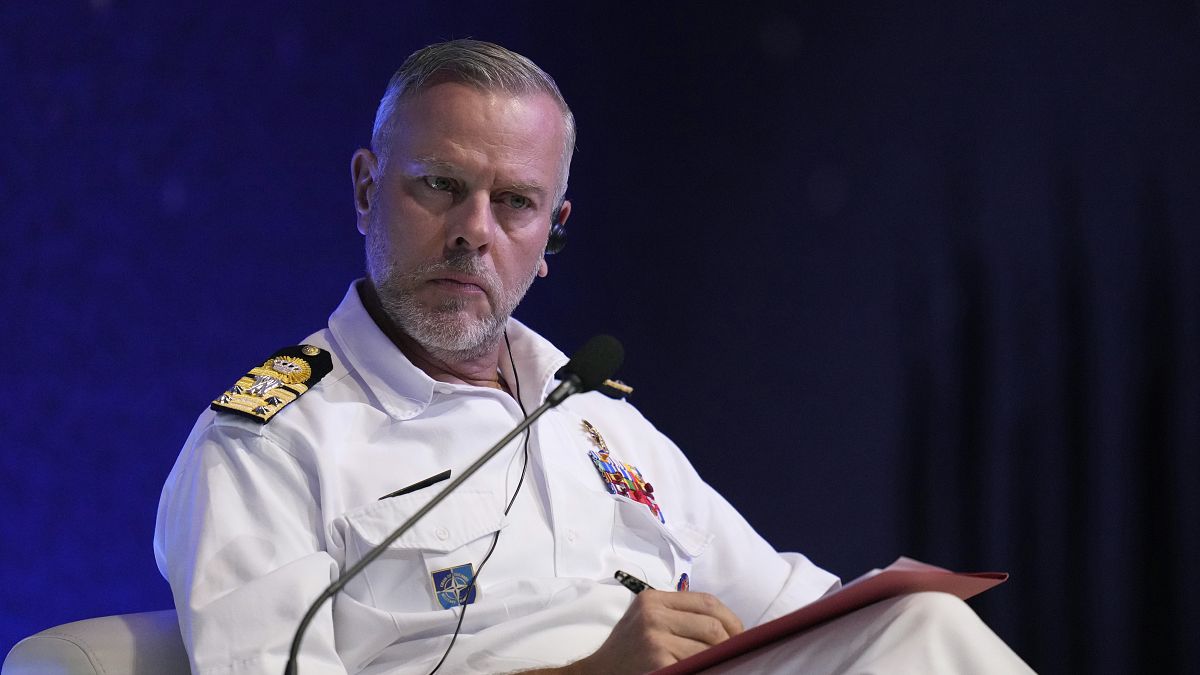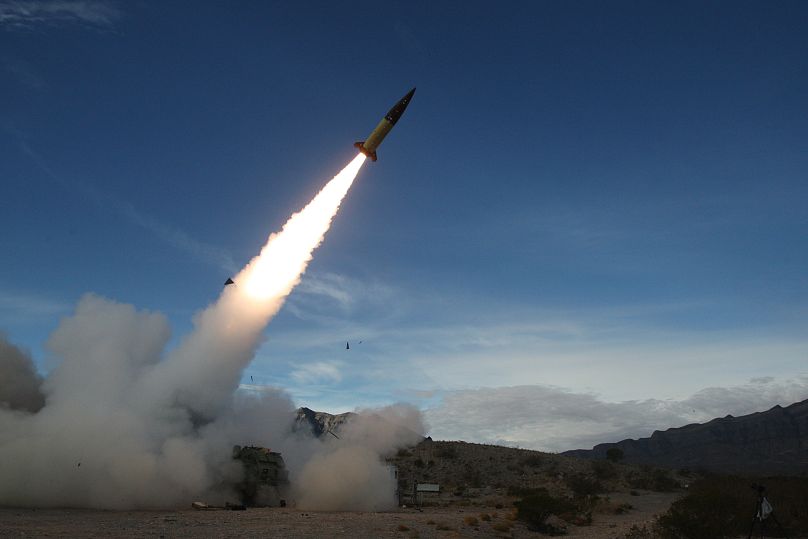Admiral Rob Bauer, who serves as the principal advisor to NATO's secretary general, also said that nations supplying weapons to Kyiv have the right to limit their use.
Ukraine has the solid legal and military right to strike deep inside Russia to gain combat advantage, Chair of the NATO Military Committee Admiral Rob Bauer said Saturday.
“Every nation that is attacked has the right to defend itself. And that right doesn’t stop at the border of your own nation,” Bauer, who serves as the principal advisor to NATO's secretary general said, speaking at the close of the committee's annual meeting.
Nations have the sovereign right to put limits on the weapons they send to Ukraine, he added. Lieutenant General Karel Řehka, chief of the Czech Armed Forces General Staff, said his nation places no such weapons restrictions on Kyiv.
“We believe that the Ukrainians should decide themselves how to use it,” Řehka said.
But he also pointed to the political risks and the potential of escalation: "It's important to take into consideration every aspect, including the potential of escalation and other things."
Their comments came as US President Joe Biden is weighing whether to allow Ukraine to use US-provided long-range weapons to hit deep into Russia. And they hint at the divisions over the issue.
No visible shift in policy yet
Despite continued calls from Kyiv on the West to allow it to strike deeper into Russia, Western leaders still seem hesitant.
Biden met with UK Prime Minister Keir Starmer on Friday after their top diplomats' visit to Kyiv, who came under fresh pressure to loosen weapons restrictions. Discussions on allowing long-range strikes were believed to be on the table, but no decision was announced immediately.
Washington has allowed Ukraine to use US-provided weapons in cross-border strikes to counter attacks by Russian forces. However, it doesn't permit the use of long-range missiles deep into Russia.
Ukrainian President Volodymyr Zelenskyy has been pressing the US and other allies to allow his forces to use Western weapons to target air bases and launch sites farther afield as Russia has stepped up assaults on Ukraine’s electricity grid and utilities before winter.
He did not directly comment on the meeting Saturday morning, but said that more than 70 Russian drones had been launched into Ukraine overnight. The Ukrainian air force later said that 76 Russian drones had been sighted, of which 72 were shot down.
“We need to boost our air defence and long-range capabilities to protect our people,” Zelenskyy wrote on social media. “We are working on this with all of Ukraine’s partners.”
NATO points to both military and political considerations
Providing additional support and training for Ukraine was a key topic at the NATO chiefs’ meeting, but it wasn't clear Saturday if the debate over the US restrictions was discussed.
Many of the European nations have been vigorously supportive of Ukraine in part because they worry about being the next victim of an empowered Russia.
At the opening of the meeting, Czech Republic President Petr Pavel broadly urged the military chiefs gathered in the room to be ”bold and open in articulating your assessments and recommendations. The rounder and the softer they are, the less they will be understood by the political level.”
The military leaders routinely develop plans and recommendations that are then sent to the civilian NATO defence secretaries for discussion and then on to the nations' leaders in the alliance.
“You want to weaken the enemy that attacks you in order to not only fight the arrows that come your way, but also attack the archer that is, as we see, very often operating from Russia proper into Ukraine,” said Bauer.
“So militarily, there’s a good reason to do that, to weaken the enemy, to weaken its logistic lines, fuel, ammunition that comes to the front. That is what you want to stop, if at all possible.”
But risks of escalation should also be taken into consideration, according to US Defence Secretary Lloyd Austin, arguing that one weapons system won't determine success in the war.
“There are a number of things that go into the overall equation as to whether or not you know you want to provide one capability or another," Austin said Friday. “There is no silver bullet when it comes to things like this.”
He also noted that Ukraine has already been able to strike inside Russia with its own internally produced systems, including drones.
Warnings from Russia
Officials in Moscow have continued to make public statements warning that long-range strikes would provoke further escalation between Russia and the West. The remarks are in line with the narrative the Kremlin has promoted since early in the war, accusing NATO countries of de-facto participation in the conflict and threatening a response.
Russian Deputy Foreign Minister Sergei Ryabkov told state news agency Tass on Saturday that the US and British governments were pushing the conflict toward “poorly controlled escalation.”
Biden on Friday brushed off similar comments by Russian President Vladimir Putin, who said on Thursday that allowing long-range strikes “would mean that NATO countries, the United States and European countries, are at war with Russia.”
Asked what he thought about Putin’s threat, Biden answered, “I don’t think much about Vladimir Putin.”


